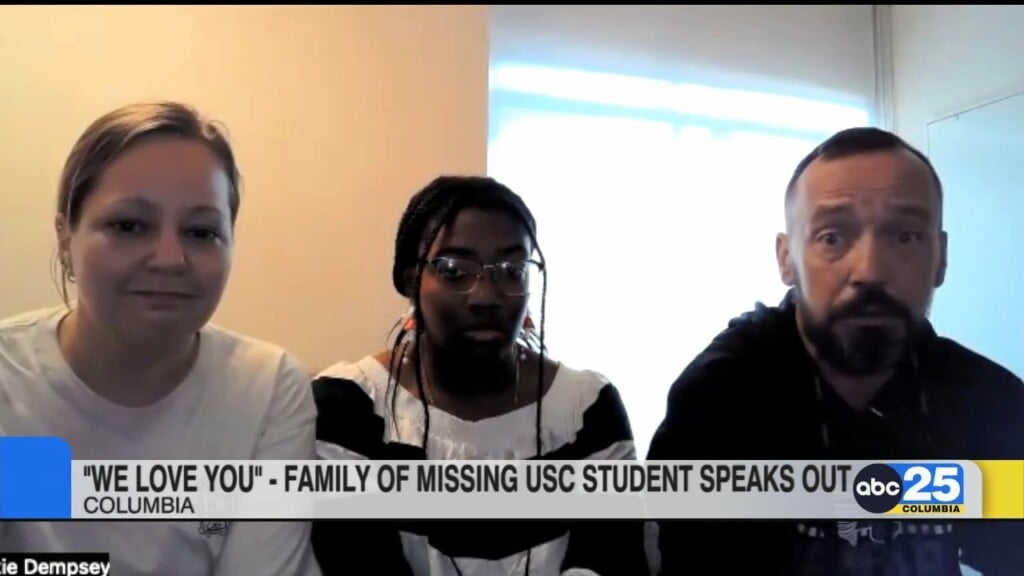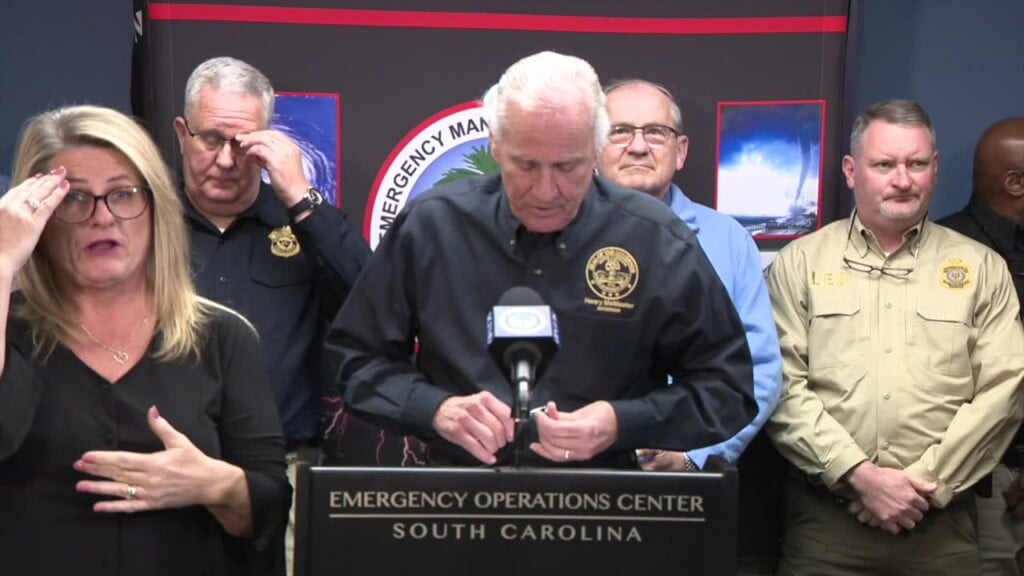DHEC, SLED Join Forces to Stop “Pill Mills”
COLUMBIA, S.C. (WOLO) — In 2011, health officials report 225 people in South Carolina died from prescription pill overdose.
“After marijuana use, prescription drug abuse is the number one problem facing our state,” says Captain Frank O’Neil, SLED.
Officials say part of the problem is so called “pill mills.”
“Over supply of pills and so basically they do it by getting too many prescriptions, prescription shopping,” says Senator Gerald Malloy, D- Darlington
For example, a person has a prescription filled at a pharmacy in Richland County, then they have that same prescription filled in Kershaw, Orangeburg and several other counties.
“Currently, it would take 30 days before the report was made. So therefore, they could proliferate all of these pills into the community after having gotten them fraudulently,” says Solicitor Dan Johnson, Fifth Circuit.
Under state law, pharmacies must report their prescription drug distribution every month. Starting January 1, 2014 those reports will be made daily.
“We would be able to reduce that gap, to 24 hours and therefore reduce the number of pills that could be proliferated into the community, greatly,” says Johnson
DHEC will also assign a drug control officer to exclusively help SLED and county sheriff’s make cases. DHEC will also help gather a list of individuals engaged in suspicious activity, statewide.
A look at the numbers show South Carolina has a history of prescription problems.
In 2008, the Palmetto state ranked 10th highest for the number of opiod painkiller prescriptions per capita.
In 2010, South Carolina ranked 23rd.
The abuse of those prescriptions is what officials say hurts every community across the state.
“We can’t turn a blind eye and neither can the communities that are involved,” says O’Neil.

